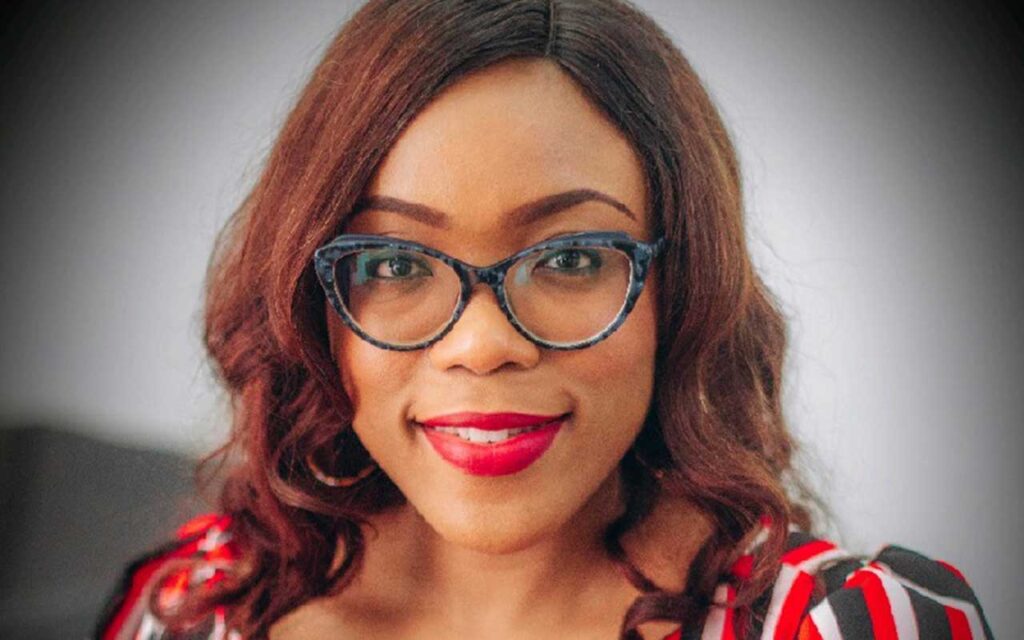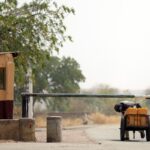
Hope, a documentary film on the struggles of displaced people in Borno State, was recently unveiled at the Musa Yar’Adua Centre, Abuja.
The premiere attracted a host of celebrities, high networth guests, government functionaries and members of the diplomatic corps.
Head of European Union’s (EU) Delegation to Nigeria and Economic Community of West African States (ECOWAS), Ambassador Samuela Isopi, who was at the premiere, said the documentary’s underlining objective is to create awareness among Europeans and Nigerians on the impact of the conflict and humanitarian crisis affecting the people of Borno State.
In addition, the film highlights the role of the EU, its contribution to humanitarian and recovery assistance to the conflict-affected population, in its partnership with the Government of Nigeria.
According to Isopi, European Union (EU), through its intervention programmes, is giving hope to millions of people displaced by the Boko Haram insurgency in Borno State.
Isopi explained that through funding support in the last four years to conflict-affected areas in Borno State, the EU has contributed to the restoration of peace and hope to millions of people in the state.
She said the EU committed about €130 million in the last four years to rebuild and rehabilitate affected communities in Borno State.
According to her, this funding support alone has contributed to the restoration of basic services and livelihoods, which cut across health and nutrition, agriculture and livelihood, water and sanitation, social protection, education, conflict mitigation and cohesion among displaced populations and their host communities.
In addition, she said, the EU had, since 2014, provided over €345m in humanitarian assistance, including the €56m funding allocated in 2021, in an effort to help meet the basic needs of the conflict-affected people by supporting emergency food aid, shelter, access to clean water, hygiene and sanitation, basic primary healthcare, protection and education.
The co-director of the documentary, Mrs. Judith Rueff, said the documentary, which was produced by factory with funding from the EU, “is a demonstration of possibility and courage as it reminds us of the real people, the complexity and the nuances of the different conditions the people affected by this conflict lives in.”













